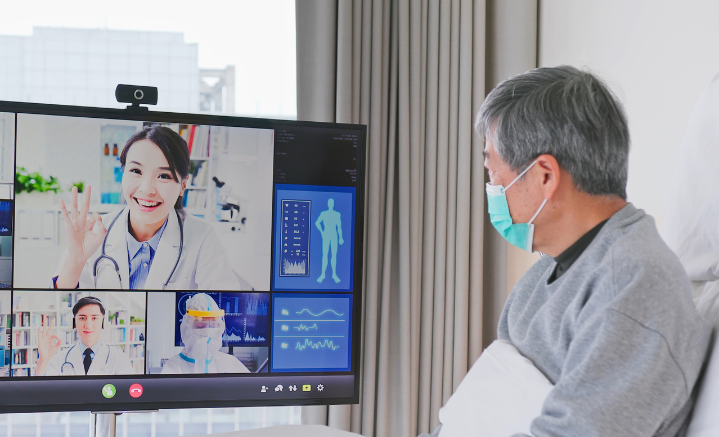Introduction to Geographical Determinants of Health This topic focuses on the social determinants of health, and how certain factors may impact a patient’s ability to receive quality care. In general, social determinants are factors that affect health outcomes [1]. These factors can be affected by where a patient lives, works, and...
Tag: data
Introduction to the Role of Technology in Healthcare In part 4, we dived deeper into the role that processes have in the power of connection. In this article, we’ll discuss the role that technology has in supporting the power of connection in healthcare. The Role of Technology in Healthcare Technology plays a crucial...
Introduction to the Role of Processes in Healthcare In Part 3, we discussed providers' specific role in the power of connection, especially in fostering positive patient outcomes. In this article, we dive deeper into the role that processes play in the power of connection. The Role of Processes in Healthcare Processes...
Introduction In Part 1, we introduced the importance of the power of connection and how fostering these connections can improve patient outcomes. We also discussed the importance of people, processes, and technology regarding connection. This article dives deeper into the transformative potential of connection and how people, processes, and technology rely...
Intro to Biases in Remote Care Biases in remote care may arise from many barriers that limit patients’ access to digital technologies. Unfortunately, sometimes digital healthcare solutions are geared to favor certain demographics, and this can further worsen biases in care. For instance, patients who lack reliable internet or access to...
Overview of Key Issues Going into 2023 Recap Earlier this year, we anticipated that the healthcare industry would experience increased technologies promoting personalized and preventive patient care [1]. We also discussed critical topics such as bias towards minority groups, improved patient engagement, and increased collaboration in the healthcare sector [1]. This...
Social Barriers that Hinder Digital Health Capabilities The implementation of digital health capabilities is hindered by several barriers, with a portion revolving around social determinants. This is often due to factors such as digital literacy, social dynamics, access to technology, and human behavior. For instance, those 65 years and older experience...
Types of Healthcare Capabilities to Consider Capabilities in healthcare ensure that doctors and patients are given access to tools needed for them to be successful and have positive experiences. This means that capabilities need to be created with human-centered design in mind. The first capability that should be considered is talent...
Advances in Smart Home Monitoring with AI Patients with disabilities and older patients can benefit from AI monitoring homes via sensors and cameras [1]. For instance, AI can detect falls, dispense medications, and track a patient’s whereabouts as needed [1]. AI can also be paired with household machines like washing machines...
Current Readiness of Older Patients for Emergencies Older patients may feel like they are ready and prepared to handle an emergency situation, however, a poll showed that many lack the preparation needed to manage one [1]. For instance, some older patients have not signed up for notifications that a natural disaster...









